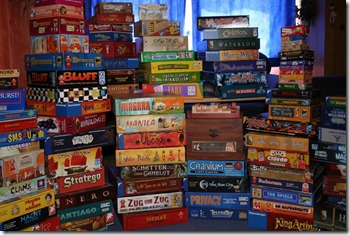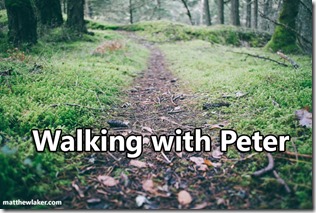Board and card games have been part of my life for a long time. Back in high school, I use to play “Axis and Allies” with a friend for hours on end. Growing up, there are a few games I remember well, like trying to set up “mouse trap”. To be honest, I do not remember much about the game, just my sister and I trying to put it together.
When I was dating my wife, we would go see my parents and often the weekend included games. When my wife and I went camping we would play “phase 10” for far too long. Now with our kids often Friday nights we play board games. In 2015, the game of choice for us was “Ticket to ride”.
It is fair to say board games are a big part of our family life. Thus, I have compiled a personal list of why I think we all should play board games. There is no scientific research, just my personal observation.
5 Personal Reasons you should play more Board games
1. Playing board games builds relationships.
A number of guys in a church I was a part of would get together from time to time to play board games. It was not some official church thing, just one guy called another and there we were. It was a great way to get to know people and build relationships. At the same time, I have watched in our family how it has helped build relationships with my kids and provided good family memories. Like when my wife would make me play “phase 10” so much that after the 15th game I gave in and would let her win. The trick is making her think she won. To be honest, it provides better space for conversation to happen. “If you want to get to know people, invite them over and play a game.
2. Playing board games engage our minds and mental health.
Games engage our brain and help work this muscle in different ways than perhaps take place in other areas of our life. Like any muscle that does not get exercised, it loses some ability. Games are great ways to help engage our minds. I have seen how they can relieve stress, boost creativity and I suspect that someone somewhere has research showing how it can improve brain function. As well, when you play with others, there are mental health benefits that come with community.
3. Playing board games help develop decision-making practices.
I have seen this more as I watch my kids, but it has made me start to think. Board games can help us learn to develop strategy and learn the skill of making decisions. In a way, it provides a safe place to learn and develop these skills. This is not just for kids though, I see crossover for adults to learn and become more confident in themselves.
4. Cutting the cord off the screen.
It is no secret that we are watching the screen more and more, in whatever form that may take in your life. There can be good and bad in that. However, if you are looking to decrease your screen time, consider board games with others.
5. Fun and play
I am realizing more and more as an adult we often stop playing. We need to enjoy life and play. There are so many benefits to other areas of life that come out of this.
Ok, so this is not scientific observations, but personal observations. I am not making money from any board game company. Though if any want to send my family a free game we are open to it. These are five observations I believe as to why you should play more board games in your life.
Do you have a favourite board game?






